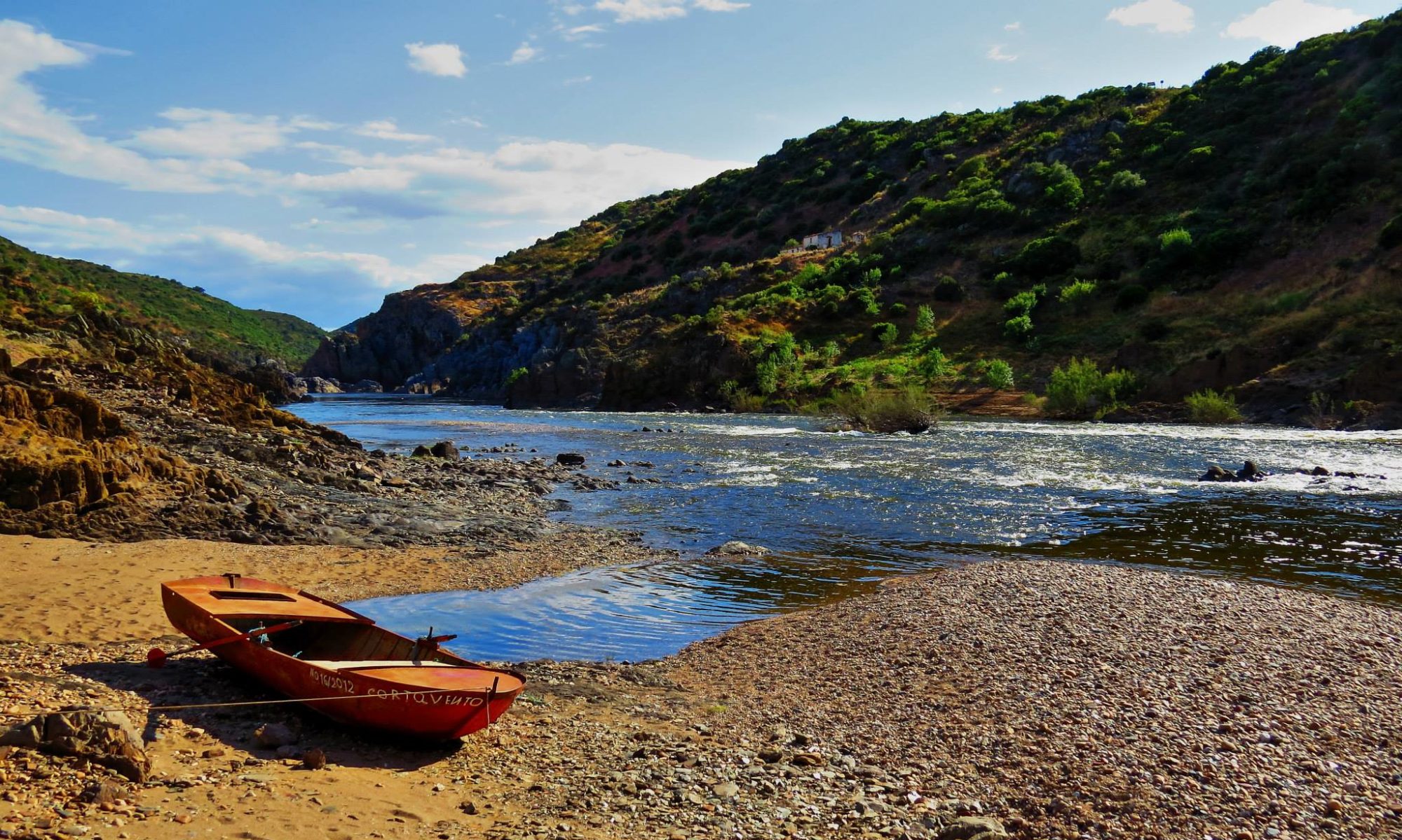Universidade de Évora – University of Évora
The University of Évora is a public institution of higher education whose origins date back to 1559. After being closed in the 18th century, the university reopens in 1979. The University of Évora is organized in 4 Schools: Arts, Sciences and Technology, Social Sciences and Nursing and offers 34 undergraduate and 66 postgraduate degrees. Research and Development (R&D) covers several scientific areas through a network of 14 Research Units, all of them submitted to international evaluation, under the coordination of the Institute for Research and Advanced Studies. Furthermore, the UÉvora established 3 Chairs in areas of excellence: Biodiversity, Renewable Energies and Heritage, which are sponsored by private capital holders. Over the last years, the University has fostered a close link with the community. Such interaction has been possible through the creation of working networks and dissemination of knowledge such as the participation in the Science and Technology Park as well as through the establishment of protocols and contracts for the supply of services in partnerships with Companies, Universities, Associations and Institutes. The main R&D areas are: Agronomy and Biodiversity; Geophysics, Environment and Landscaping; Materials and Surface Science; Economics and Business Studies; Computer Sciences and Software Interoperability; Social and Political Sciences, History, History of Art, archeology, Science and Cultures; Applied Mathematics; Education; Linguistics and Literature; Elderly Healthcare. The 140 running R&D projects are developed through national and international partnerships, funded by the FP7, FCT as well as by private sponsorship. The University of Evora currently hosts around 5100 students enrolled in graduate courses, 2200 in Master’s courses and 900 in PhD courses. Moreover, it has a teaching staff of 640, of whom more than 83% hold a PhD degree, and an administrative staff of 470 (www.uevora.pt).
Blended in with the city, the main campus is comprised of buildings with a high patrimonial value from different historical periods. The following buildings deserve special attention: Espirito Santo College, Casa Cordovil, Luís António Verney College, Pedro da Fonseca College, Mateus d’ Aranda College, Vimioso Palace, Leões Factory and São João de Deus School of Nursing. Outside city limits, the university reaches as far as 12 km at the Mitra campus. There are also two experimental estates in the south of Alentejo and several other units scattered over different cities in the south of Portugal where teaching and researching activities are carried out, including Estremoz, Sines, Marvão and Alter do Chão.


